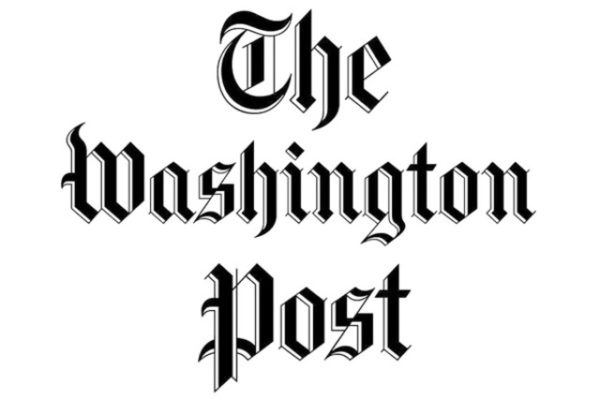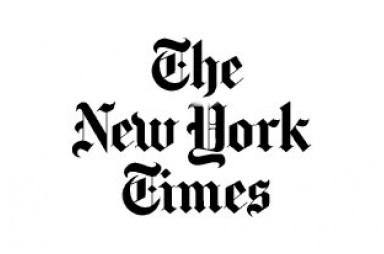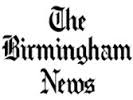Undervaluation of Imports
How Undervaluation Cheats Customs Duties:
Most tariffs and duties are assessed on an “Ad valorem” basis, meaning that the amount of the tariff owed is a percentage of the value of the goods imported. By falsely claiming that goods are worth less than they actually are, fraudsters can manipulate the calculation to pay a lesser tariff or duty than actually owed. Because the vast majority of tariffs and duties are assessed at least in part on an “Ad valorem” basis, the range of imports that can be fraudulently imported by undervaluation schemes is nearly limitless. Thus, unlike other types of import fraud that focus on highly specific goods, undervaluation fraud can involve virtually any item that has a tariff or import duty. This expansive scope makes enforcement of undervaluation schemes inherently difficult.
“CBP takes trade fraud, such as undervaluation, very seriously. We are proud to level the playing field for legitimate traders by steadfastly enforcing U.S. trade laws.” – Robert E. Perez, CBP Director of New York Field Operations
Undervaluation Schemes:
In the modern supply chain, the ultimate value reported to Customs can be manipulated in a plethora of ways. For instance, companies found to have fraudulently undervalued imports have often done so by not reporting the value of supporting components included with the merchandise. Some undervaluation schemes that have incurred False Claims Act liability have simply understated the weight of imported goods in Customs declarations. Other, more complex schemes revolve around “double invoicing” and payment schedules to suppliers, where companies have reported a portion of the full cost of merchandise to Customs and then paid the remainder of the price to the supplier after the goods have been imported. Regardless of the method, undervaluing imports harms law-abiding competitors, the economy as a whole, and the federal government.
“Frohsin Barger & Walthall Wins $3 Million Customs Fraud Settlement”
Frohsin Barger & Walthall Represents Whistleblowers Nationwide.
Frohsin Barger & Walthall investigates and litigates qui tam actions on behalf of whistleblowers in federal and state actions across the country. Our representation includes evaluating, investigating, and filing qui tam actions, as well as assisting prosecutors and investigative agents in pursuing cases and reaching settlements, with a high percentage of our cases resulting in government intervention. We have sealed cases in multiple states across the country and regularly travel to meet with United States Attorney’s offices, State Attorney General Offices, and United States Department of Justice attorneys in Washington, DC.
The False Claims Act Offers Protection and Rewards for Whistleblowers.
Blowing the whistle on corporate fraud takes courage, and the law rewards that courage with certain protections. We understand that one of the most important aspects of representing corporate whistleblowers is guiding and protecting them through the difficult, stressful process of litigation. The False Claims Act (FCA) provides for a whistleblower’s case to be filed under seal and the identity of the whistleblower to be protected during the course of the government’s investigation. Further, federal laws protect against retaliation by mandating the reinstatement of wrongfully fired employees at the same seniority level, as well as an award of double back-pay, interest, and attorneys’ fees. Finally, successful whistleblowers are entitled to up to 30% of any FCA recovery, which Congress has mandated is three times the amount of fraud that is proved through the whistleblower’s allegations plus substantial civil penalties.
A significant characteristic of customs fraud qui tam cases is that companies that are competitors of entities engaged in AD/CVD fraud often have valuable insider information regarding their competitor’s fraudulent schemes and have served as relators. Additionally, current and former employees of companies committing customs fraud have served as relators in successful import qui tam cases.
Frohsin Barger & Walthall whistleblower cases have been featured in the following media outlets, among others:
Click on the media outlet logo to read the featured story.




